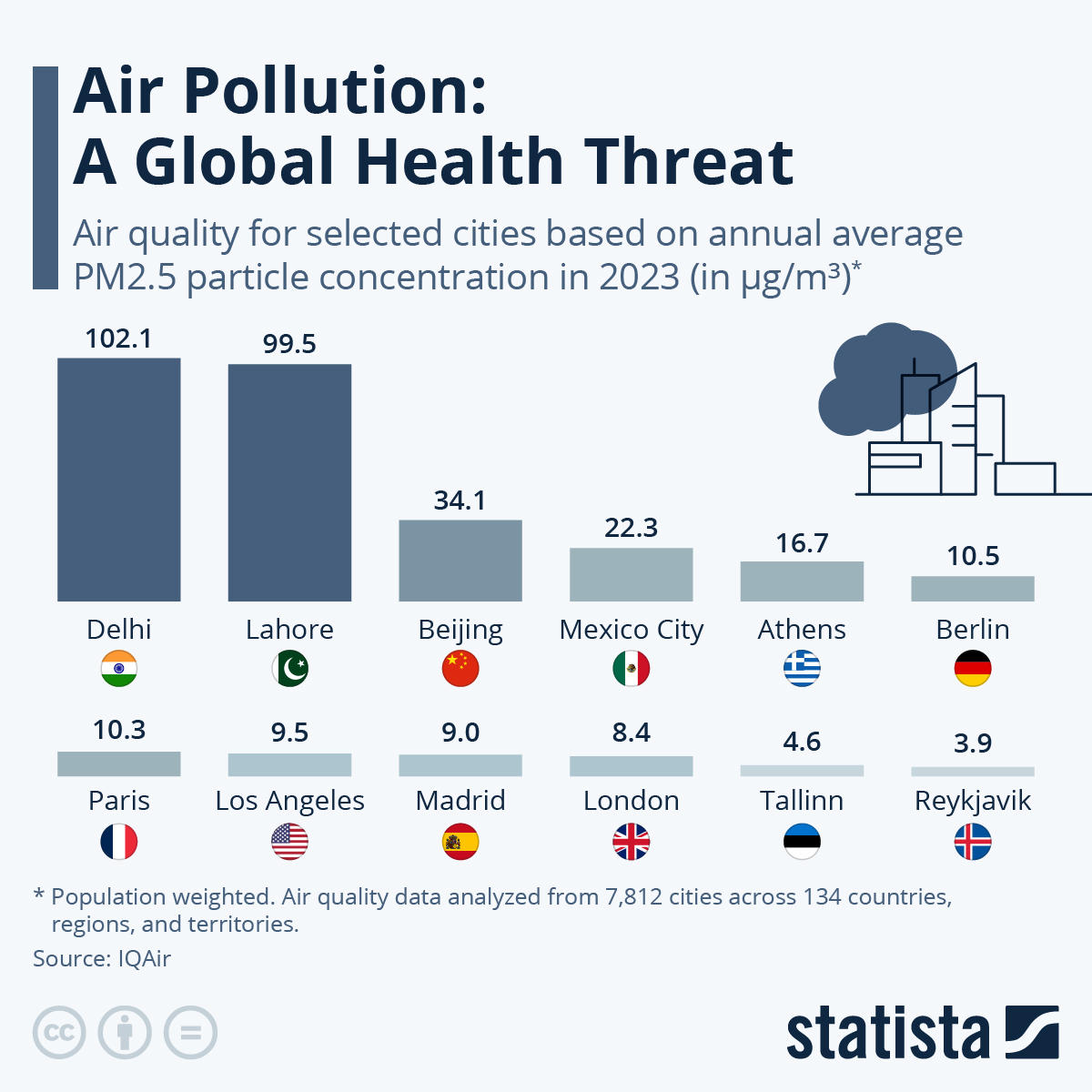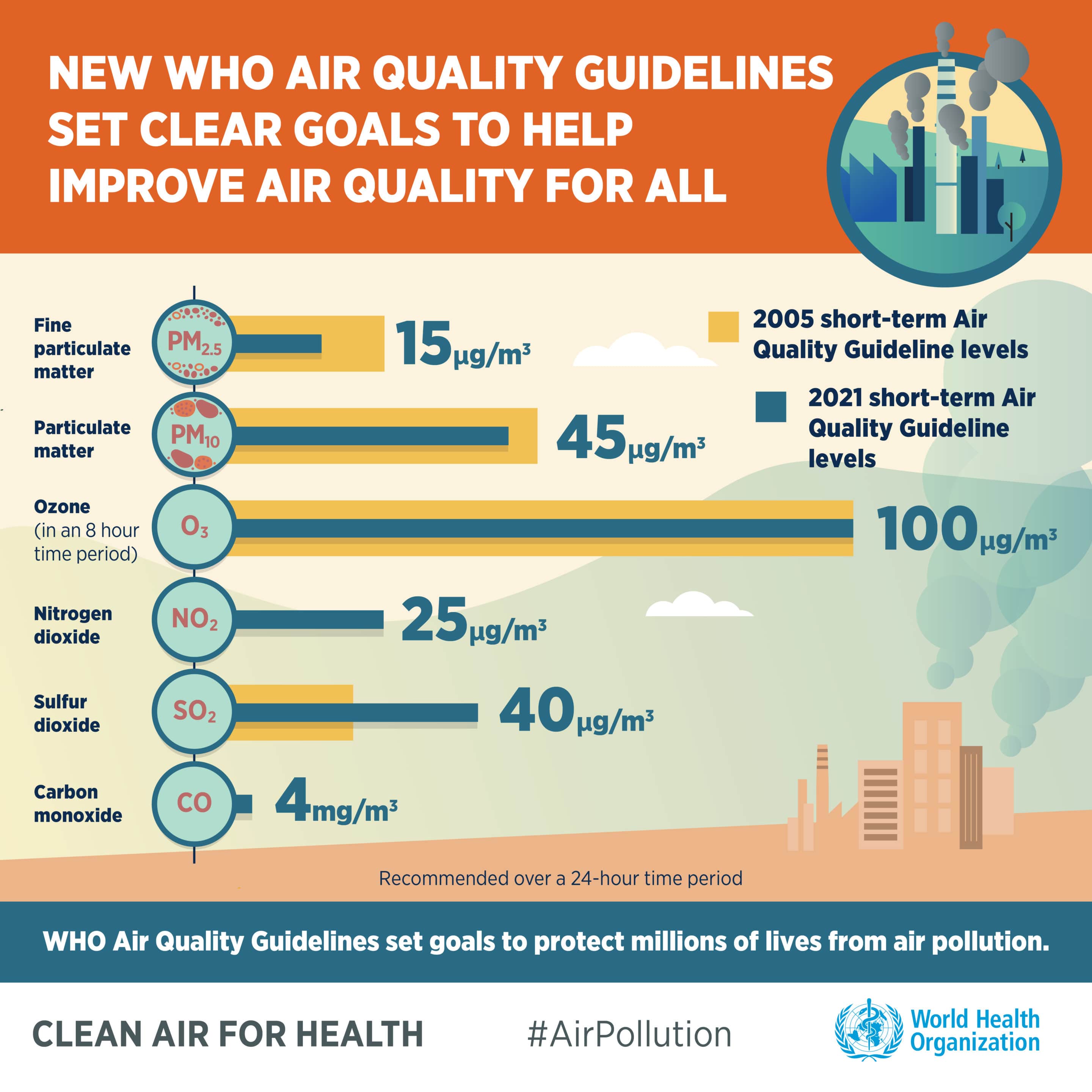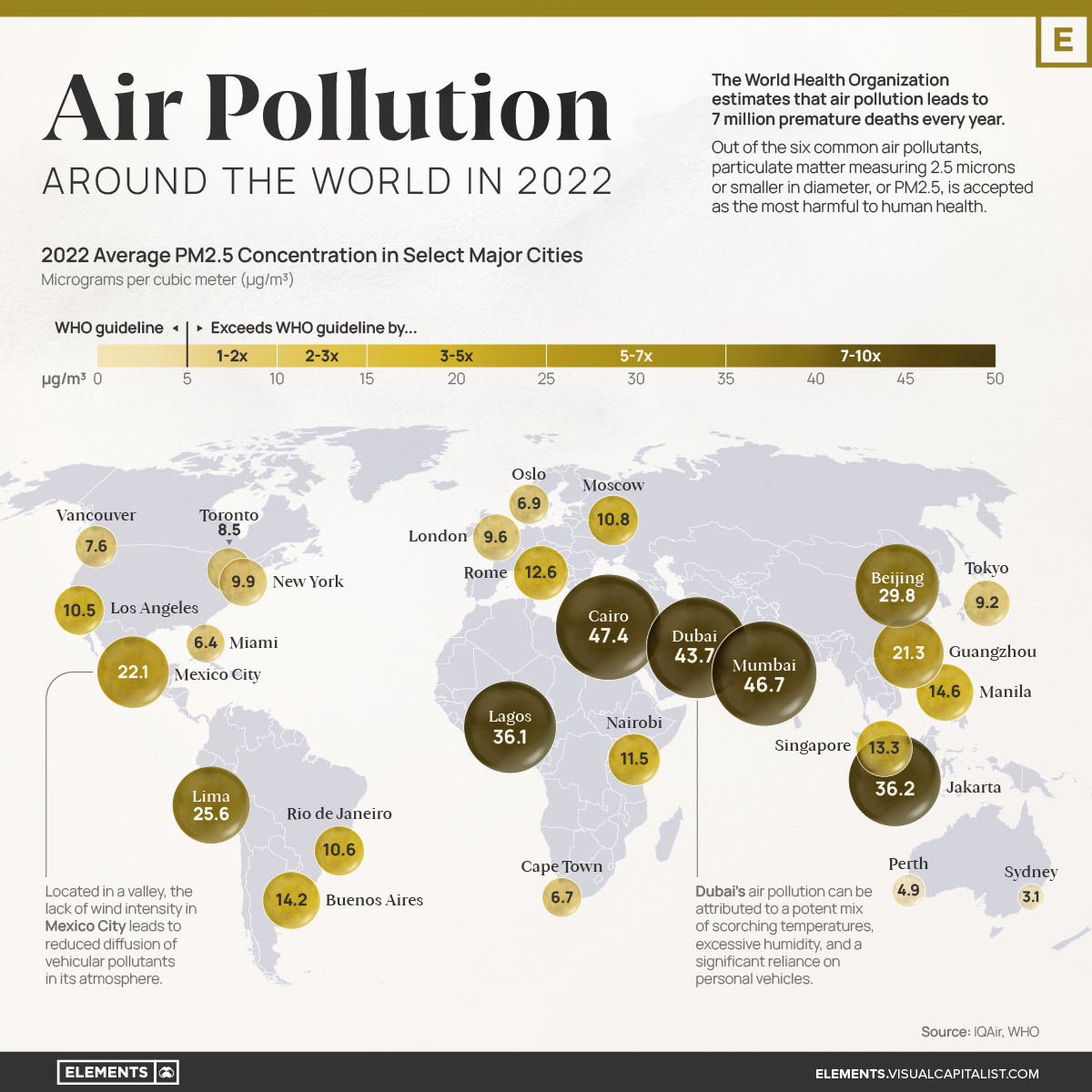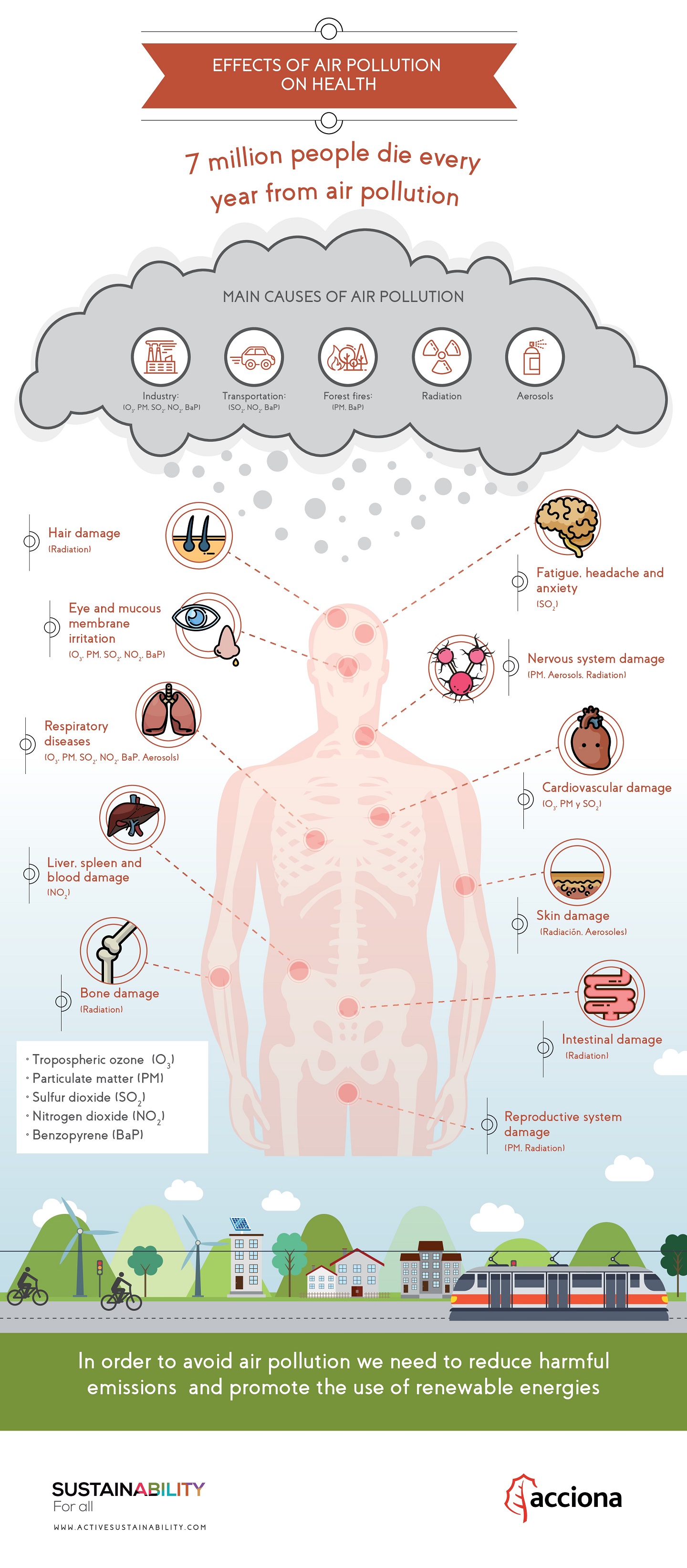Did you know that the air in Mumbai is so polluted that it can cause serious health problems? Mumbai Air Quality: Understanding The City's Pollution Levels And Health Impacts report published today reveals that the city's air quality is among the worst in the world, and it is only getting worse.
Editor's Notes: Mumbai Air Quality: Understanding The City's Pollution Levels And Health Impacts have published today date, There are several reasons why this topic is important to read. First, air pollution is a major public health concern. It can cause a variety of health problems, including respiratory problems, heart disease, and cancer. Second, air pollution can damage the environment. It can contribute to climate change, and it can also harm plants and animals. Third, air pollution can have a negative impact on the economy. It can reduce tourism and property values, and it can make it difficult for businesses to attract and retain employees.
Our team has done extensive research, analysis, and digging deep to help our readers get a comprehensive view and make an informed decision following the information provided through this article.
Key differences or Key takeways:
| Air Pollutant | Health Effects |
|---|---|
| PM2.5 | Respiratory problems, heart disease, cancer |
| PM10 | Respiratory problems, eye irritation |
| NO2 | Respiratory problems, asthma |
| SO2 | Respiratory problems, heart disease |
| CO | Headaches, fatigue, nausea |
The main sources of Mumbai's air pollution are vehicles, industries, and construction. Vehicles are the biggest contributors to air pollution, accounting for about 50% of the city's emissions. Industries and construction are also major sources of pollution, accounting for about 25% and 15% of emissions, respectively. Other sources of pollution include cooking fires, burning of garbage, and agricultural activities.
The health impacts of air pollution in Mumbai are significant. A study by the World Health Organization (WHO) found that air pollution causes about 8,000 premature deaths in Mumbai each year. The study also found that air pollution is responsible for a number of health problems, including respiratory problems, heart disease, and cancer.
Air pollution is a serious problem in Mumbai, and it is only getting worse. The city's government needs to take action to reduce air pollution levels. Some of the measures that the government could take include increasing public transportation, promoting walking and biking, and investing in clean energy.
Individuals can also take steps to reduce their exposure to air pollution. Some of the things that you can do include wearing a mask when you are outdoors, avoiding exercising outdoors during peak traffic hours, and using air purifiers in your home. You can also choose to live in a less polluted area or even invest in green home upgrades such as solar panels and energy-efficient appliances.

Air Pollution: A Global Health Threat | ZeroHedge - Source www.zerohedge.com
FAQ
This section addresses frequently asked questions regarding Mumbai's air quality, its impacts on health, and potential solutions.
Question 1: What are the primary sources of air pollution in Mumbai?
Answer: The major sources of air pollution in Mumbai include vehicle emissions, industrial activities, construction sites, power plants, and waste burning.
Question 2: How does air pollution affect human health?
Answer: Exposure to air pollution can cause a range of health problems, including respiratory issues (such as asthma and bronchitis), cardiovascular diseases, and even cancer.
Question 3: What are the long-term consequences of air pollution exposure?
Answer: Prolonged exposure to air pollution can lead to severe health complications, such as premature aging, cognitive impairment, and increased risk of chronic diseases.
Question 4: What measures can be taken to reduce air pollution in Mumbai?
Answer: To mitigate air pollution, it is crucial to promote public transportation, encourage the use of electric vehicles, enforce stricter emission standards for industries, and adopt sustainable waste management practices.
Question 5: What are the current air quality standards in Mumbai?
Answer: The Central Pollution Control Board (CPCB) sets the National Ambient Air Quality Standards (NAAQS) for India, including Mumbai. These standards specify the permissible levels of various pollutants in the ambient air.
Question 6: How is air quality monitored in Mumbai?
Answer: Air quality is monitored by the Maharashtra Pollution Control Board (MPCB) through a network of monitoring stations across Mumbai. These stations measure various pollutants and provide real-time data on air quality.
In conclusion, understanding the causes, health impacts, and potential solutions for air pollution in Mumbai is crucial for promoting public health and environmental sustainability in the city.
Refer to the next section of the article for in-depth analysis and expert insights on Mumbai's air quality.

The new WHO Global Air Quality Guidelines: we must tackle air pollution - Source epha.org
Tips
Air pollution is a critical issue that profoundly impacts Mumbai's health and well-being. Chronic exposure to pollutants can cause a wide range of adverse health effects, including respiratory issues, cardiovascular diseases, and even premature death.
Mumbai Air Quality: Understanding The City's Pollution Levels And Health Impacts

Mapped: Air Pollution Levels Around the World in 2022 - Source elements.visualcapitalist.com
Tip 1: Monitor air quality levels regularly. Several online platforms and mobile applications provide real-time data on air pollution levels. Stay informed and plan your activities accordingly.
Tip 2: Avoid outdoor activities during peak pollution hours. Mornings and evenings typically have higher concentrations of pollutants. Adjust your schedule to limit exposure during these times.
Tip 3: Invest in an air purifier for your home. Air purifiers remove harmful particles and pollutants from the air, providing a cleaner indoor environment.
Tip 4: Use public transportation or carpool as much as possible. Reducing vehicle emissions helps improve overall air quality.
Tip 5: Promote green initiatives. Support policies that encourage the adoption of clean energy, reduce emissions from industries, and promote sustainable practices.
Summary: By implementing these practical tips, individuals can mitigate their exposure to air pollution, protect their health, and contribute to improving Mumbai's overall air quality. Collective action is crucial to address this urban challenge effectively.
Mumbai Air Quality: Understanding The City's Pollution Levels And Health Impacts
Mumbai's air quality, a grave concern, poses severe health hazards and requires thorough examination of its multifaceted aspects.
- Pollution Sources: Identifying key sources of air pollution, including industries, vehicles, and construction sites, is crucial.
- Monitoring Systems: Evaluating the effectiveness of existing air quality monitoring systems to ensure accurate data collection and reliable assessments.
- Health Impacts: Studying the correlations between air pollution levels and respiratory, cardiovascular, and cancer-related health issues.
- Government Policies: Examining the impact of government regulations, such as emission standards and public transport initiatives, on improving air quality.
- Public Awareness: Assessing the effectiveness of public awareness campaigns to educate citizens about air pollution risks and promote behavioral changes.
- International Collaboration: Exploring opportunities for international collaboration in sharing best practices and developing innovative solutions for air pollution control.
These key aspects provide a comprehensive understanding of Mumbai's air quality situation, enabling effective policy formulation, public health interventions, and sustainable urban planning strategies. By addressing these aspects, it is possible to mitigate the adverse effects of air pollution, safeguard public health, and create a cleaner and healthier environment for Mumbai's citizens.

Map showing global air pollution levels 2013-2014 - Source www.pinterest.com

Mumbai Pollution Update: City's air quality 'poor' with AQI 215 - Source www.freepressjournal.in
Mumbai Air Quality: Understanding The City's Pollution Levels And Health Impacts
The air quality in Mumbai, India is a major concern as it poses significant risks to public health. The city has consistently ranked among the most polluted in the world, with high levels of particulate matter (PM), nitrogen dioxide (NO2), and sulfur dioxide (SO2). These pollutants contribute to various health issues, including respiratory and cardiovascular diseases, asthma, and even lung cancer.

effects-air-pollution-health - Public Health Notes - Source www.publichealthnotes.com
The causes of air pollution in Mumbai are complex and include vehicular emissions, industrial activities, construction, and biomass burning. The city's dense population and geography, with its surrounding hills and lack of wind circulation, further contribute to the accumulation of pollutants.
Improving air quality in Mumbai requires a multi-pronged approach. This includes implementing stricter emission standards for vehicles, promoting public transportation, encouraging energy efficiency, and reducing industrial pollution. Additionally, increasing green spaces, implementing air quality monitoring systems, and educating the public about the health impacts of air pollution are crucial steps towards safeguarding public health.
| Air Quality Indicator | Health Impacts |
|---|---|
| PM 2.5 | Respiratory and cardiovascular diseases, asthma, lung cancer |
| NO2 | Respiratory irritation, asthma, cardiovascular diseases |
| SO2 | Respiratory irritation, cardiovascular diseases, asthma |
Conclusion
Mumbai's air pollution crisis poses a significant threat to the health and well-being of its citizens. Addressing this issue requires urgent action from policymakers, industries, and the public. By implementing comprehensive air quality management strategies, investing in clean energy solutions, and promoting sustainable practices, Mumbai can strive towards cleaner air and a healthier future.
The consequences of air pollution in Mumbai are severe, demanding immediate attention and collaborative efforts to safeguard the city's air quality and the health of its inhabitants.